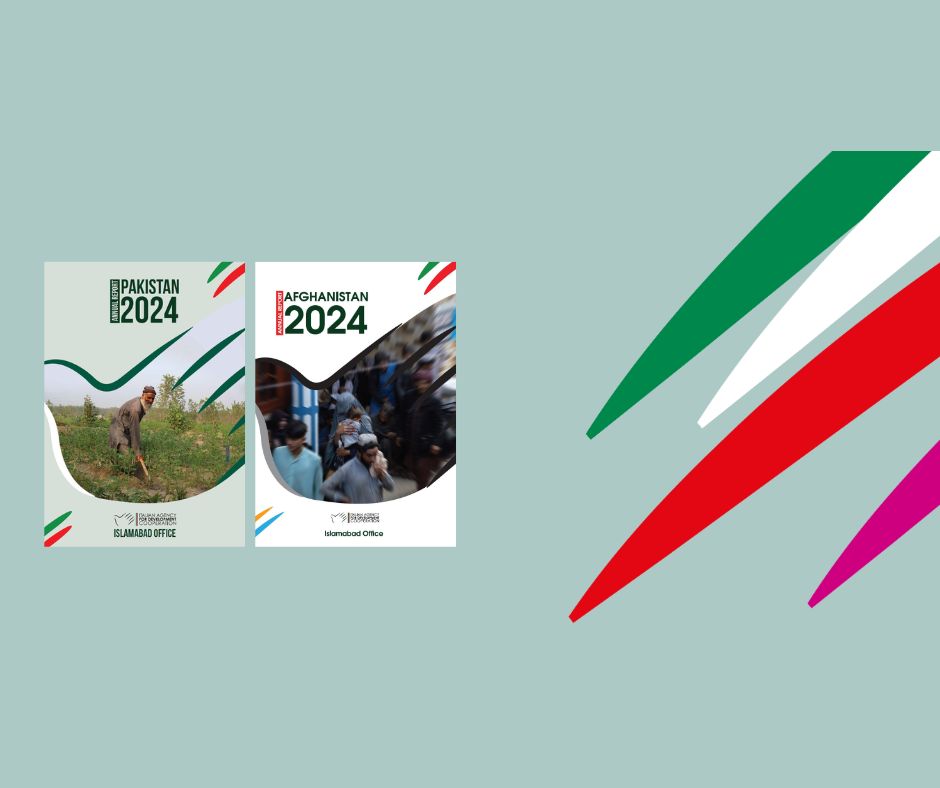Le relazioni annuali sul lavoro di AICS Islamabad in Pakistan e Afghanistan sono ora disponibili. I rapporti offrono una panoramica dettagliata delle attività del 2024, illustrando i progetti, l’approccio strategico, i dati e i numeri per entrambi i Paesi.
Di seguito le relazioni annuali.
